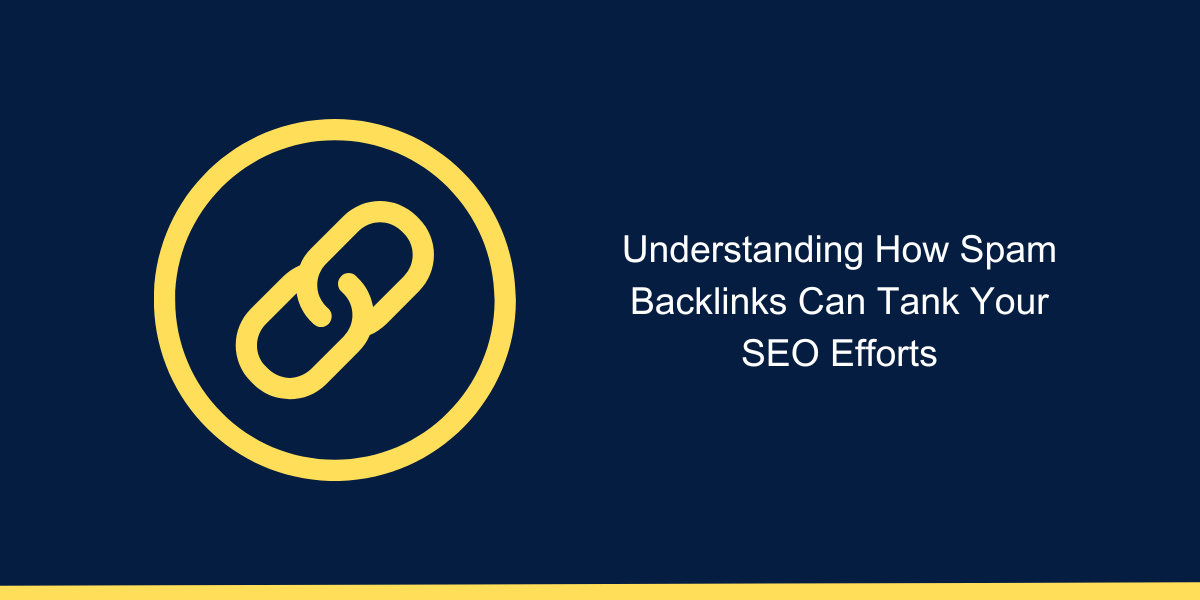
John Mueller, a representative from Google, responded to a query on Reddit regarding an upsurge in spammy backlinks, adversely affecting rankings. His response illuminated the key areas publishers should prioritize.
John Mueller Advises on Handling Spammy Backlinks
In response to concerns about spammy backlinks, Mueller asserted that taking action against them is unnecessary as Google naturally disregards them. He didn’t advocate using the Disavow Tool, which enables publishers to specify links for Google to ignore.
Mueller’s advice was clear:
“I’d suggest prioritizing other tasks. Google’s algorithms effectively handle occasional spammy links. However, similar to users, they prioritize high-quality websites. Instead of chasing after those links, focus on making your site exceptional.”
Understanding the Concept of “Overall Credibility”
When assessing a website’s standing in Google’s eyes, third-party metrics may need to provide accurate insights. These metrics merely represent the opinions of third parties and can be used for comparative purposes. Reflecting on 25 years of SEO experience, I recall when Google displayed a version of PageRank on its toolbar. Despite being considered an authoritative source, PageRank sometimes accurately predicts a site’s ranking capability.
While tools like Majestic’s Topical Trust Flow scores can be valuable in understanding the nature of backlinks to a website, relying solely on third-party “authority” metrics isn’t a practice I endorse. Many experienced SEOs share this sentiment. If navigating these concepts feels daunting, considering professional assistance through our monthly SEO packages could provide clarity and expertise.

